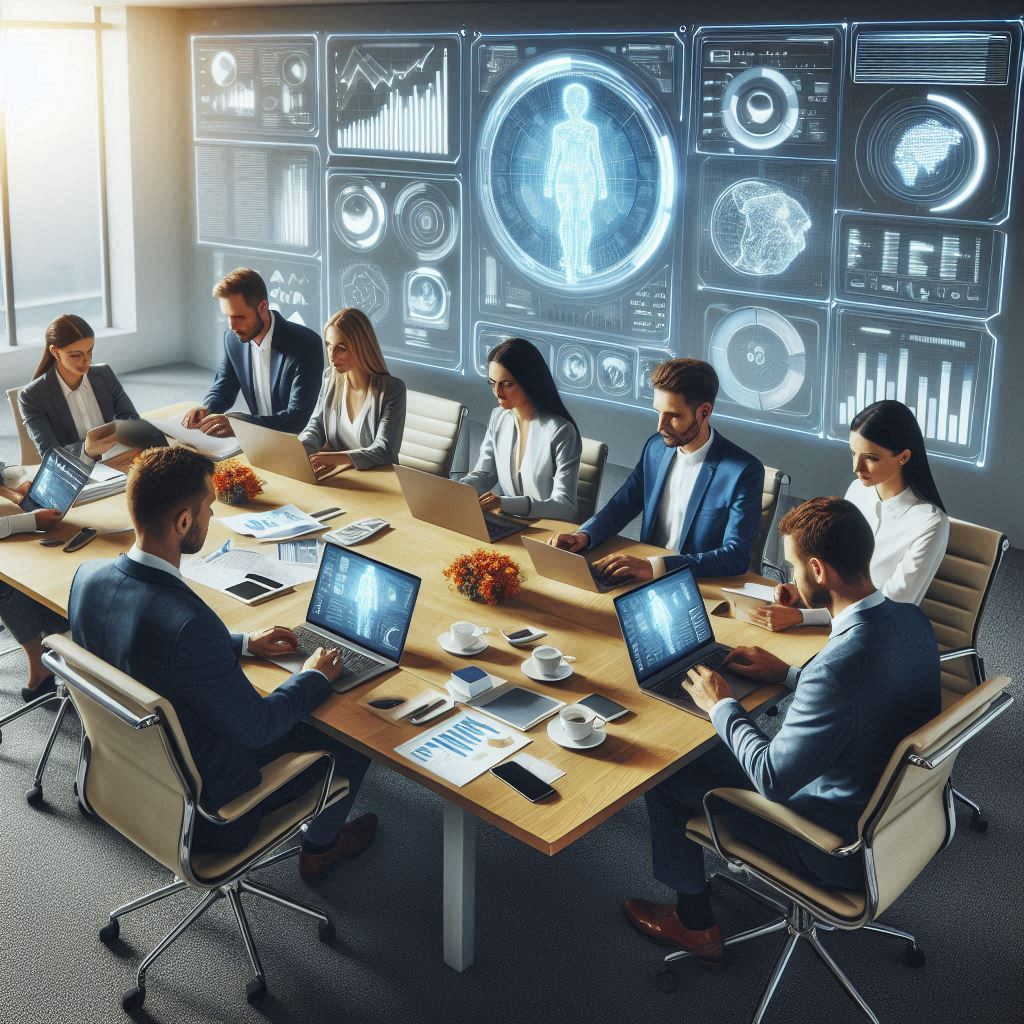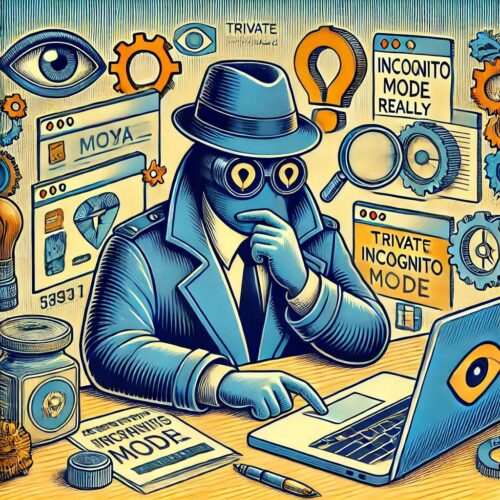The impact of artificial intelligence on the future of work. (AI) is already having a significant impact on the way we work, and this impact is likely to accelerate in the coming years.
Here are some of the keyway’s AI is likely to affect the future of work:
1.Automation of routine tasks
AI has the potential to automate many routine and repetitive tasks, freeing up workers to focus on more complex and creative work. This could lead to greater productivity and efficiency but could also lead to job losses in certain industries.
2.Augmentation of human skills
AI can also be used to augment human skills, helping workers to perform their jobs more effectively. For example, AI-powered software can help doctors make more accurate diagnoses or help customer service representatives provide better support to customers.
3.New job opportunities
While some jobs may be lost to automation, AI is also likely to create new job opportunities in areas such as data science, machine learning, and AI programming.
4.Reskilling and upskilling
As AI changes the nature of work, workers will need to acquire new skills in order to remain employable. Employers will need to invest in training and upskilling programs to help their workers adapt to the changing job market.
5.Increased demand for soft skills
While AI can automate many technical tasks, it cannot replicate the human skills of empathy, creativity, and critical thinking. These soft skills will become increasingly important in the workplace as AI takes over more routine tasks.
Must Read: What Are YouTube Shorts And How Can They Benefit You
Conclusion
the impact of AI on the future of work is likely to be significant. While there are risks of job displacement and other challenges, there are also opportunities for increased productivity, new job creation, and improved job satisfaction for workers who are able to adapt to the changing landscape of work.



